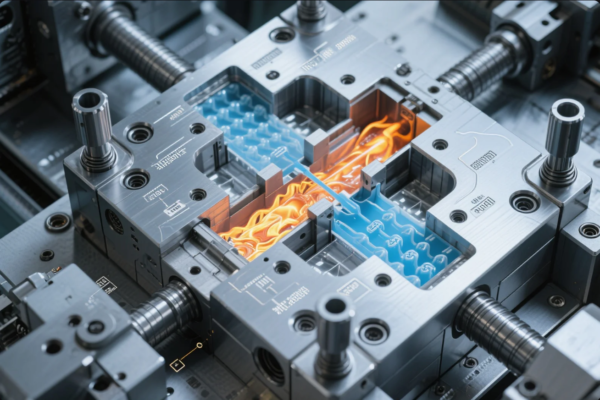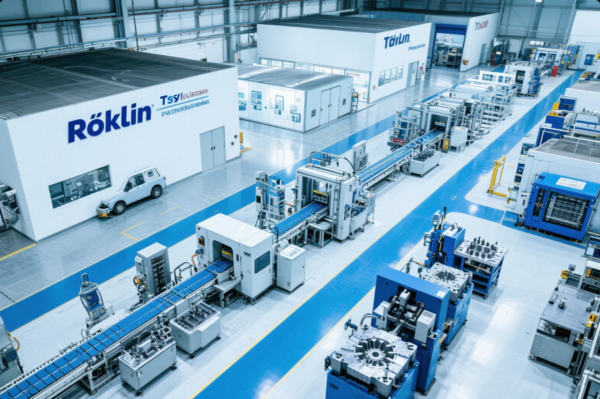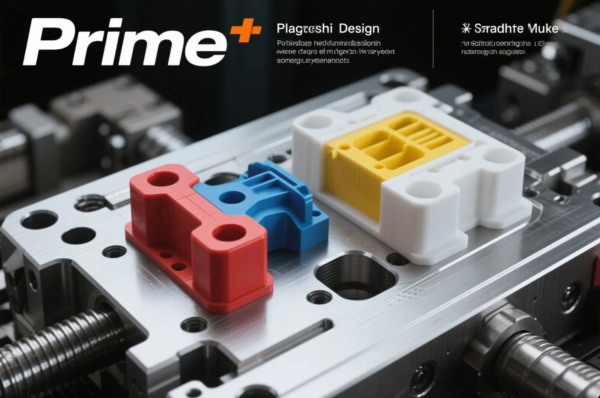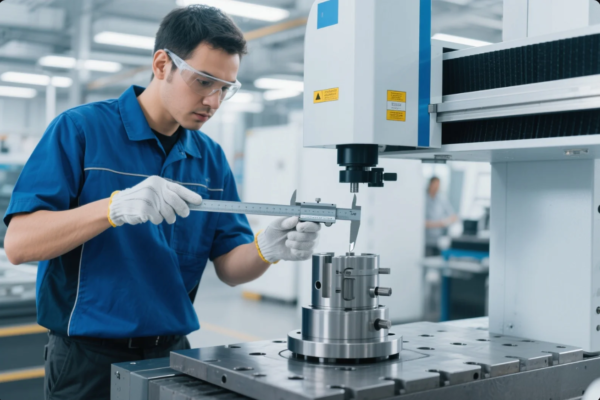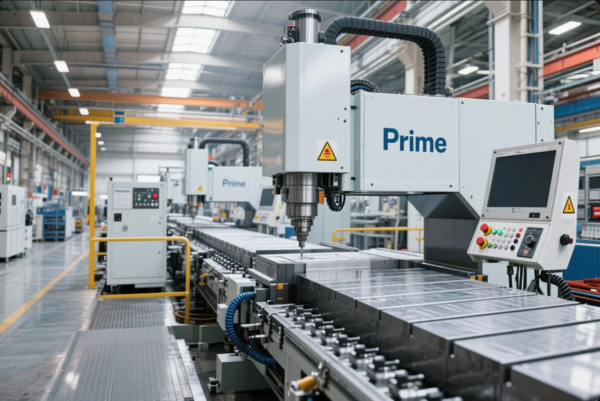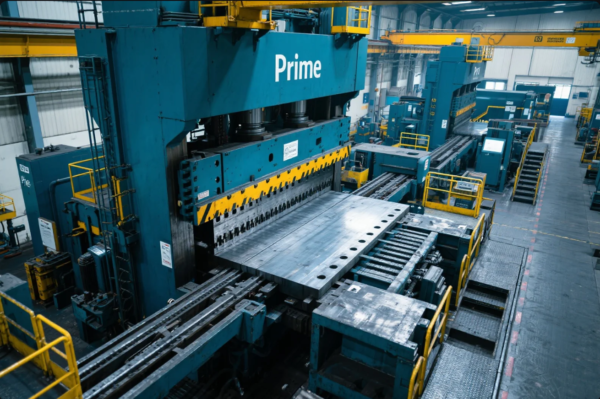Which Metal Cannot Be Used to Harden Steel?
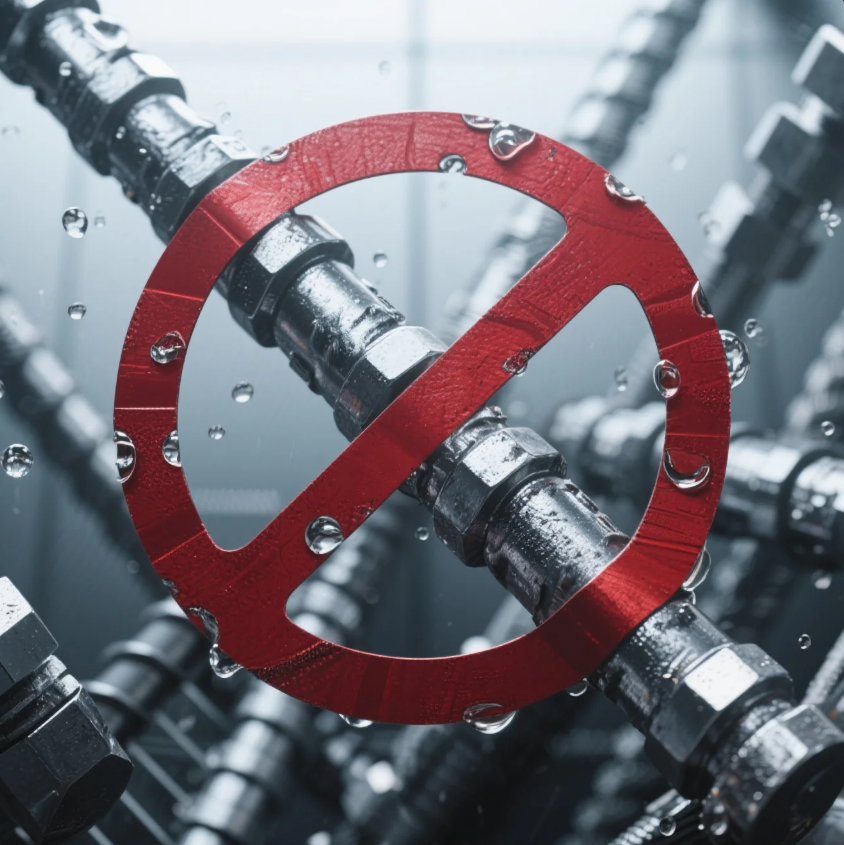
Hardening steel involves altering its properties to make it stronger, more durable, and resistant to wear. While many metals can be used in various hardening processes, some cannot be hardened effectively due to their inherent properties. Understanding which metals cannot be hardened is essential for those working with steel and other alloys. In this article, we will explore which metals are not suitable for hardening and why.
Snippet paragraph: Some metals, like pure aluminum or low-carbon steels, cannot be hardened effectively due to their lack of sufficient carbon content or crystalline structure.
Let's explore the various metals and alloys that cannot be hardened and why they don't undergo the same hardening processes as other materials.
What Metal Cannot Be Hardened?

Some metals cannot be hardened through conventional hardening processes because they either lack the necessary structure or do not contain the right amount of carbon. These metals cannot form the microstructure needed for hardening, making them unsuitable for processes like quenching or heat treatment.
Metals That Cannot Be Hardened:
- Pure Aluminum: Pure aluminum does not have the crystalline structure necessary for hardening. While aluminum alloys can be hardened, pure aluminum remains soft and cannot be hardened.
- Copper: Copper is a soft metal that cannot be hardened. It lacks the carbon content necessary for forming a hardened microstructure.
- Lead: Lead is another metal that cannot be hardened. It is very soft and does not have the required properties for heat treatment to harden it.
- Tin: Like lead, tin is soft and cannot be hardened by traditional methods.
These metals do not undergo changes in their microstructure that allow for hardening, meaning they remain soft and malleable, even after heat treatment.
Can Nickel Be Used to Harden Steel?
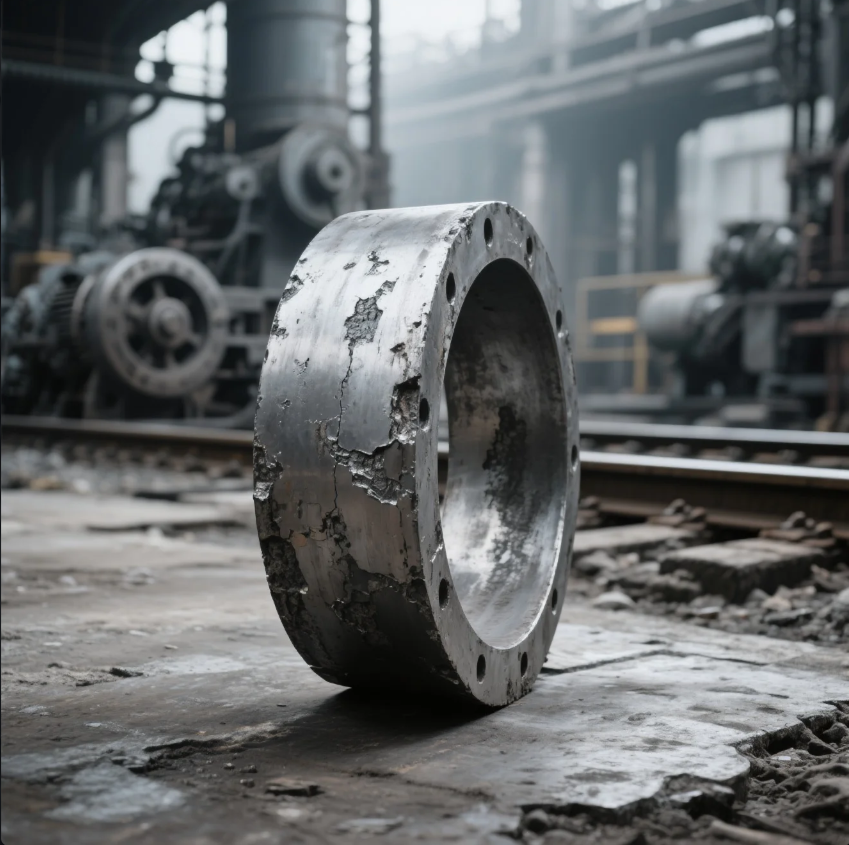
Nickel is often used as an alloying element in steel, but it does not directly harden steel on its own. Nickel is typically added to steel to improve properties like toughness, corrosion resistance, and temperature stability, but it does not contribute significantly to the hardness of the steel.
Role of Nickel in Steel:
- Improved Toughness: Nickel adds toughness and impact resistance to steel, which helps prevent brittleness.
- Corrosion Resistance: Nickel improves the corrosion resistance of steel, making it ideal for applications like marine or chemical environments.
- Heat Resistance: Steel alloys containing nickel are more heat-resistant, making them suitable for high-temperature applications.
While nickel enhances the steel's performance, it is the carbon content in steel that plays the key role in hardening. Nickel itself does not harden steel in the way that carbon does during heat treatment.
What Steel is Not Hardenable?
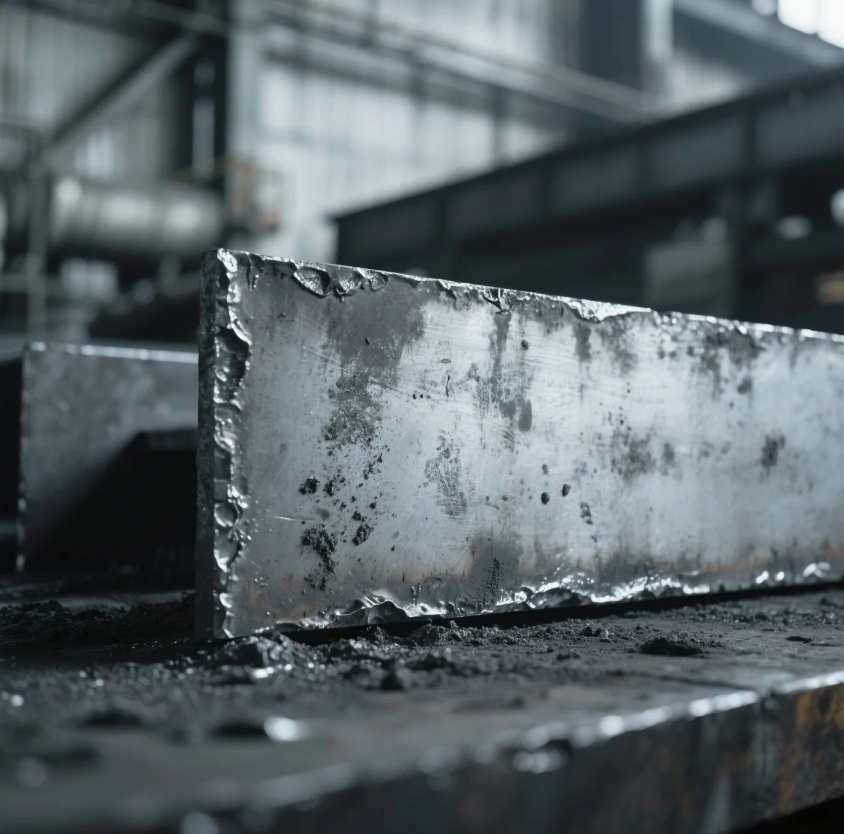
Low-carbon steels, such as 1010 or 1018, are typically not hardenable in the same way that high-carbon steels are. These steels have too little carbon content to form the desired microstructure for hardening. While they can be hardened to some extent, they do not achieve the high levels of hardness that steels with higher carbon content can reach.
Non-Hardenable Steel Types:
- 1010 Steel: This is a low-carbon steel with a carbon content of around 0.10%, which makes it difficult to harden.
- 1018 Steel: While 1018 steel can undergo mild hardening, it does not achieve the same level of hardness as high-carbon steels. It is more suitable for applications where toughness and ductility are more important than hardness.
These low-carbon steels are generally used for applications requiring flexibility and formability rather than hardness. Hardening these steels would result in a relatively low increase in hardness, and they are often used in applications where high strength is not critical.
Can 1018 Steel Be Hardened?
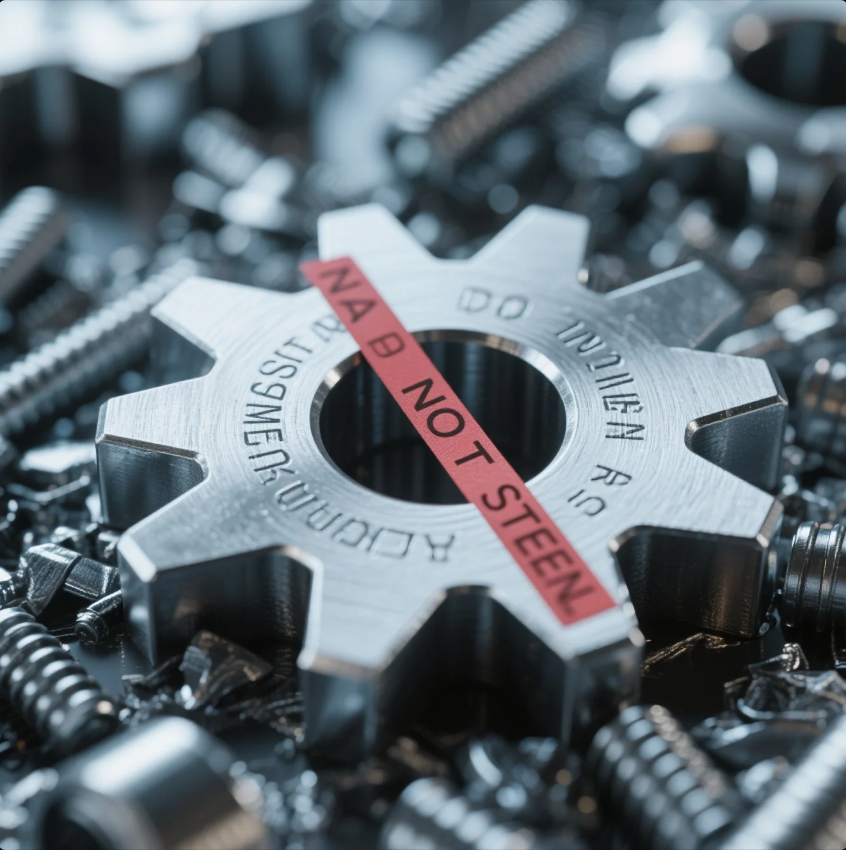
1018 steel can be hardened to some extent, but it is not as hardenable as higher-carbon steels. 1018 is a low-carbon steel with a carbon content of approximately 0.18%, which makes it suitable for general-purpose applications but limits its ability to reach high hardness levels.
Hardening 1018 Steel:
- Mild Hardening: 1018 steel can be hardened slightly using heat treatment, but the resulting hardness is relatively low compared to high-carbon steels. Typically, it can be hardened by heating to a temperature of around 1,500°F (815°C) and then quenching it in oil or water.
- Limitations: Due to its low carbon content, the hardness achieved is less compared to steels like 1045 or 1095, which have higher carbon content.
1018 steel is commonly used in situations where moderate strength and ductility are needed, such as for shafts, bolts, and gears, but it is not ideal for applications that require high hardness.
Conclusion
While many metals can be hardened through heat treatment, low-carbon steels, pure aluminum, copper, and similar metals cannot be hardened effectively. These materials lack the necessary carbon content or crystalline structure to undergo the same hardening processes as high-carbon steels. 1018 steel, although mildly hardenable, cannot achieve the same hardness levels as higher-carbon steels. Understanding the limitations of various metals allows you to choose the right material for your specific needs. If you need high-quality, hardenable steel parts, contact Prime for expert advice and tailored solutions.

